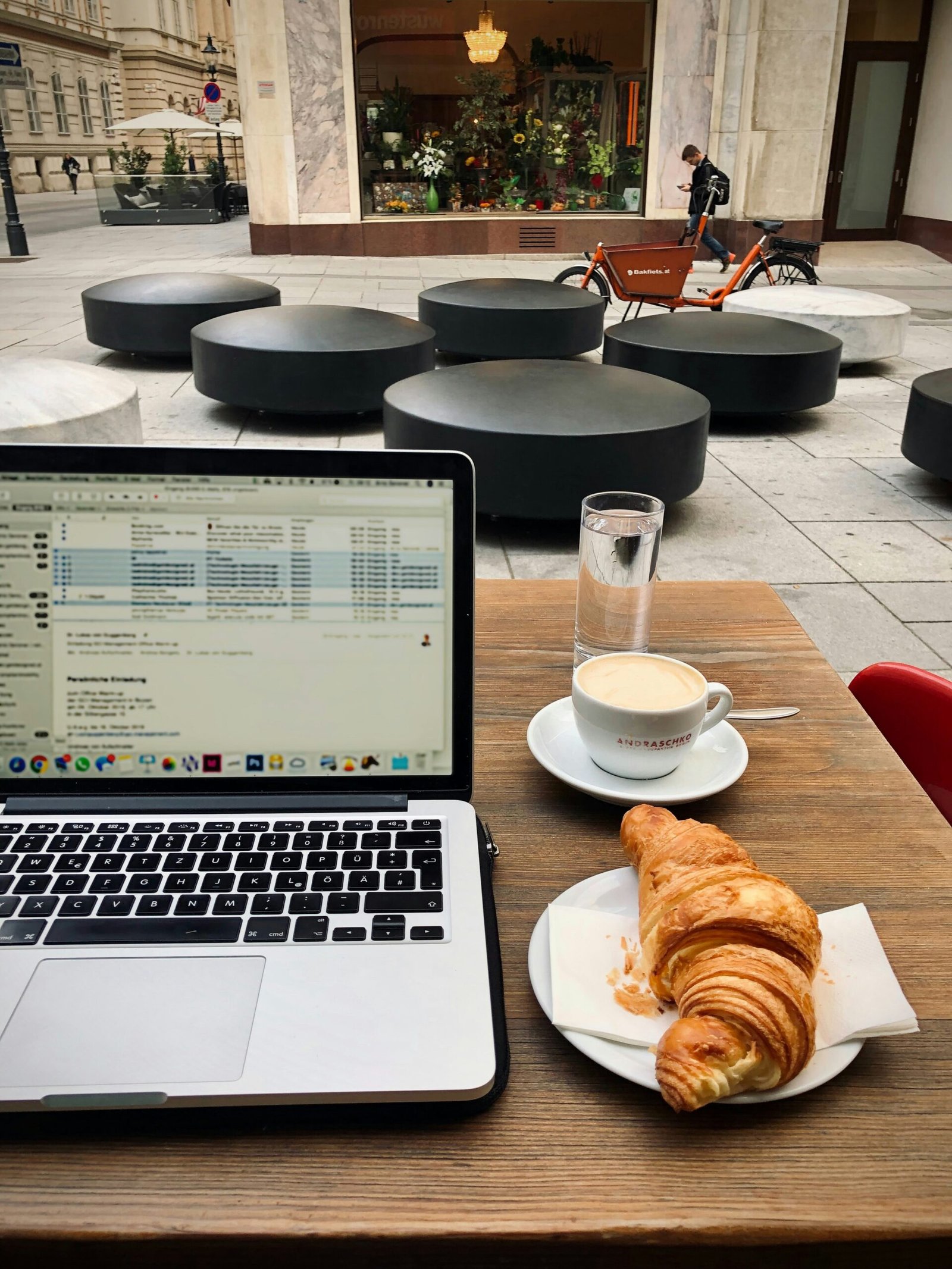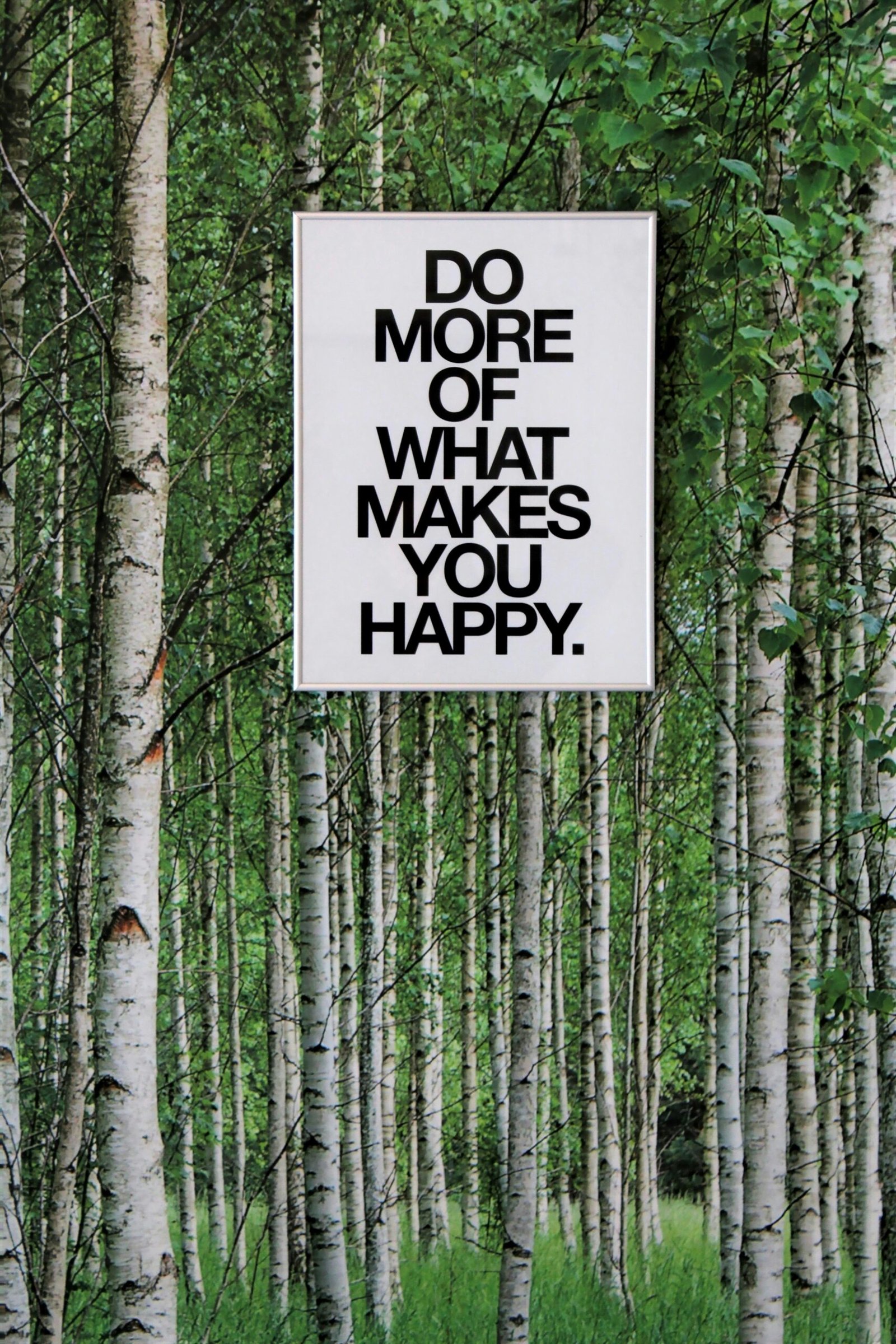Introduction: The Importance of Nailing Your Job Interview
In today’s highly competitive job market, excelling in a job interview is not just a desirable skill but an essential one for career advancement. The job interview serves as a pivotal moment where candidates can distinguish themselves from the multitude of applicants vying for the same position. According to research published by the Harvard Business Review, a well-conducted interview can significantly enhance a candidate’s chances of securing a job, often making the difference between an offer and a rejection.
Given the increasing number of qualified professionals entering the workforce, standing out during an interview has never been more critical. Employers are looking for individuals who not only possess the necessary technical skills but also exhibit the interpersonal qualities and cultural fit that align with the company’s values. Studies indicate that hiring managers often make a decision about a candidate within the first few minutes of the interview, underscoring the importance of making a strong initial impression.
Moreover, the interview is an opportunity to demonstrate your ability to communicate effectively, think critically, and solve problems under pressure. These are key attributes that employers value highly. A successful interview can showcase your unique strengths and potential contributions to the organization, setting you apart from other candidates with similar qualifications.
Understanding the significance of nailing your job interview is the first step towards career success. The following sections will provide you with practical tips and strategies to help you prepare thoroughly, present yourself confidently, and ultimately, secure your dream job. By mastering these interview techniques, you can transform a nerve-wracking experience into a rewarding opportunity to shine.
Research the Company Thoroughly
Before stepping into an interview, it is crucial to have a comprehensive understanding of the company you are aspiring to join. Conducting thorough research can set you apart from other candidates and demonstrate your genuine interest in the organization. Understanding the company’s culture, recent achievements, products or services, and competitive landscape can significantly enhance your ability to engage meaningfully during the interview process.
Start by exploring the company’s official website. Pay close attention to sections such as “About Us,” “Mission and Vision,” and “News.” These areas provide valuable insights into the company’s core values, strategic goals, and recent developments. Additionally, reviewing the company’s annual reports and press releases can offer a deeper understanding of their financial health and significant milestones.
LinkedIn is another powerful tool for gathering information. Follow the company’s LinkedIn page to stay updated on their latest activities and connect with current employees to gain insider perspectives. Employee reviews on platforms like Glassdoor can also shed light on the company’s work environment and culture. This can be pivotal in tailoring your responses to align with what the company values most in its employees.
Industry articles and reports are essential sources of information as well. Publications such as the McKinsey Quarterly provide expert analyses on market trends and strategic insights. Leveraging such credible sources can help you understand the company’s position in the market and its competitive dynamics. Familiarize yourself with the company’s main competitors to demonstrate your awareness of the broader industry landscape during the interview.
To synthesize this research effectively, prepare notes on key points that can be referenced during the interview. This preparation shows that you have taken the time to understand the company beyond surface-level information, thereby reflecting your commitment and readiness to contribute meaningfully if given the opportunity.
Practice Common Interview Questions
Preparing for an interview entails more than just understanding the job description; it requires practicing answers to common interview questions. This practice ensures that your responses are polished and articulate, allowing you to present yourself confidently during the interview. Frequently asked questions include “Tell me about yourself,” “Why do you want to work here?” and “What are your strengths and weaknesses?” Structuring your responses using the STAR method—Situation, Task, Action, Result—can help you provide comprehensive and concise answers.
The STAR method involves describing a specific situation, explaining the task you were responsible for, detailing the actions you took, and concluding with the results of your efforts. For example, when asked about a time you overcame a challenge, you could explain the context of the challenge (Situation), your role in addressing it (Task), the steps you took (Action), and the positive outcome that resulted (Result). This method not only showcases your problem-solving skills but also highlights your ability to achieve successful outcomes.
Research from the Journal of Positive Psychology underscores the importance of preparation and practice in boosting confidence and performance. Their studies show that individuals who continually rehearse their answers are better equipped to handle the pressures of an interview setting, resulting in higher success rates. Practicing your responses can significantly reduce anxiety and help you focus on delivering your best performance.
There are numerous resources available to assist candidates in their preparation. Websites like Glassdoor offer a wealth of potential interview questions specific to various companies and job roles. Additionally, career coaching websites provide expert advice and sample questions to help you refine your answers. Utilizing these resources can give you a comprehensive understanding of what to expect and how to articulate your qualifications effectively.
Dress for Success
When preparing for a job interview, dressing appropriately is crucial. Your attire not only reflects your professionalism but also demonstrates your understanding of the company’s culture and industry standards. According to research from the Harvard Business Review, professional attire can significantly influence both the candidate’s self-perception and the interviewer’s impression. The way you dress can boost your confidence, thereby enhancing your performance during the interview.
To select the right outfit, consider the company’s dress code. For corporate environments, a suit or a tailored dress in neutral colors like black, navy, or gray is typically appropriate. For industries with a more relaxed dress code, such as tech or creative fields, business casual attire might be more suitable. Regardless of the industry, it is better to err on the side of being slightly overdressed rather than underdressed.
Grooming is equally important. Ensure that your hair is neatly styled and your nails are clean. Men should opt for a clean shave or a well-groomed beard, while women may choose subtle makeup that enhances their natural features without being distracting. Accessories should be kept minimal and tasteful. A classic watch, a simple necklace, or a pair of understated earrings can add a touch of elegance without drawing too much attention.
Moreover, make sure your clothes are clean and well-fitted. Ill-fitting or wrinkled clothes can detract from an otherwise professional appearance. Pay attention to details such as polished shoes and matching belts, as these small elements can contribute to a polished and cohesive look.
By dressing for success, you not only present yourself as a serious and competent candidate but also align your image with the professional standards expected by the company. This attention to detail can set a positive tone for the interview and leave a lasting impression on your potential employer.
Develop a Strong Elevator Pitch
An elevator pitch is a brief, persuasive speech that you use to spark interest in what you do. It’s called an “elevator pitch” because it should be short enough to deliver during a quick elevator ride, typically around 30 seconds. In the context of job interviews, a well-crafted elevator pitch is essential as it provides a succinct summary of your experience, skills, and career aspirations, making a lasting impression on your potential employer.
The significance of a compelling elevator pitch cannot be overstated. According to communication experts, a concise and well-articulated self-introduction can set the tone for the rest of the interview, highlighting your preparedness and professionalism. To craft an effective elevator pitch, start by identifying your key strengths and achievements that align with the job you are applying for. Next, integrate these elements into a coherent narrative that tells a compelling story about your career journey and future goals.
When developing your elevator pitch, consider the following structure: begin with a brief introduction of who you are, followed by a succinct summary of your professional background, and conclude with your career objectives. For example:
“Hello, my name is Jane Doe. I have over five years of experience in digital marketing, specializing in social media strategy and content creation. In my previous role at XYZ Company, I successfully increased our online engagement by 40% through targeted campaigns. I am passionate about leveraging data-driven insights to drive marketing success, and I am excited about the opportunity to contribute to your team’s growth.”
Effective communication techniques, such as maintaining eye contact, using confident body language, and practicing active listening, can enhance the impact of your pitch. Researchers from the Harvard Business Review suggest that these elements can significantly improve how your message is received and remembered.
In summary, a strong elevator pitch is a critical tool in your interview arsenal. By clearly and concisely showcasing your experience, skills, and career goals, you can make a powerful impression that sets you apart from other candidates.
Ask Insightful Questions
One often overlooked yet critical component of a successful job interview is asking insightful questions. This practice not only demonstrates your genuine interest in the role but also showcases your preparation and critical thinking skills. Thoughtful questions can significantly elevate your candidacy by indicating that you have thoroughly researched the company and are eager to understand its inner workings.
For instance, asking questions about the role can provide deeper insights into the expectations and challenges of the position. Inquire about the primary objectives for the role over the next six months or the key performance indicators (KPIs) that will measure success. Questions such as, “What are the biggest challenges facing the team currently?” or “How does this role contribute to the company’s overall mission?” can reveal your proactive mindset and strategic thinking.
Equally important are questions about the team and company culture. By asking, “Can you describe the team dynamics and the management style?” or “What opportunities for professional development does the company offer?” you show that you are considering how well you would integrate and grow within the organization. These questions also reflect your interest in long-term career development and your commitment to contributing positively to the team environment.
According to a study published in the Journal of Business and Psychology, candidates who ask well-prepared questions during interviews are perceived more favorably by hiring managers. This perception stems from the interviewer’s interpretation of the candidate’s questions as a sign of engagement and foresight. Similarly, an article from the Harvard Business Review emphasizes that insightful questions can distinguish you from other candidates by highlighting your analytical abilities and enthusiasm for the role.
Therefore, as you prepare for your next interview, remember that your questions can be as telling as your answers. Approach this opportunity as a two-way dialogue, where your inquiries can leave a lasting positive impression and set you apart as a thoughtful and prepared candidate.
Showcase Your Soft Skills
Soft skills, often referred to as interpersonal or people skills, are non-technical skills that relate to how you interact with others and handle various situations in the workplace. These skills are crucial because they complement your technical abilities and help foster a productive and harmonious work environment. Common soft skills that employers highly value include communication, teamwork, problem-solving, adaptability, and emotional intelligence.
A study published in the McKinsey Quarterly highlights the growing emphasis on soft skills in hiring processes. The research indicates that employers are increasingly seeking candidates who possess strong soft skills, as these abilities are essential for effective collaboration and leadership. In fact, many hiring managers consider soft skills to be just as important, if not more so, than technical skills.
To effectively showcase your soft skills during an interview, it’s important to provide concrete examples and anecdotes that demonstrate your abilities. For instance, if you are highlighting your communication skills, you might describe a situation where you successfully mediated a conflict between team members or effectively conveyed complex information to a non-technical audience. Similarly, to illustrate your problem-solving skills, you could share a story about a challenging project where you identified a critical issue and implemented a creative solution.
Employers are also keen to see evidence of teamwork. You might discuss a successful group project where you played a key role in coordinating efforts and ensuring that all team members were aligned towards a common goal. Highlighting your adaptability can involve sharing experiences where you quickly adjusted to new roles or industry changes, demonstrating your flexibility and resilience.
By thoughtfully integrating these examples into your responses, you can provide compelling evidence of your soft skills and convey to potential employers that you possess the interpersonal abilities necessary to thrive in their organization. Remember, the key is to be specific and authentic in your storytelling, allowing your natural strengths to shine through.
Follow Up After the Interview
Following up after an interview is a crucial step that can significantly impact your chances of landing your dream job. A thank-you note or email serves as a professional courtesy and reinforces the positive impression you made during the interview. This simple gesture not only shows your appreciation but also demonstrates your continued interest in the position.
Studies from reputable sources, such as the Harvard Business Review, indicate that candidates who follow up after interviews are more likely to be remembered by hiring managers. This post-interview communication can make you stand out in a competitive job market. Experts agree that a well-crafted thank-you note can keep you top of mind, particularly in cases where multiple candidates possess similar qualifications.
When crafting your follow-up message, aim for a tone that is both professional and personable. Here are some key elements to include:
1. Express gratitude for the opportunity to interview.
2. Mention specific points discussed during the interview to show you were engaged and attentive.
3. Reiterate your enthusiasm for the role and how your skills and experiences align with the company’s needs.
4. Keep the message concise and free from errors.
Below is a template for an effective follow-up email:
Subject: Thank You for the Interview Opportunity
Dear [Interviewer’s Name],Thank you for taking the time to meet with me on [date] to discuss the [Job Title] position at [Company Name]. I enjoyed our conversation and am excited about the opportunity to contribute to your team. I was particularly impressed by [specific aspect of the company or role], and I am confident that my background in [relevant skill or experience] aligns well with your team’s goals. Our discussion further reinforced my interest in the position, and I am eager to bring my [specific skills or qualities] to [Company Name].Thank you once again for considering my application. I look forward to the possibility of working together. Best regards,[Your Name]
By taking the time to send a thoughtful follow-up, you can leave a lasting impression, potentially tipping the scales in your favor when it comes to the final hiring decision.





